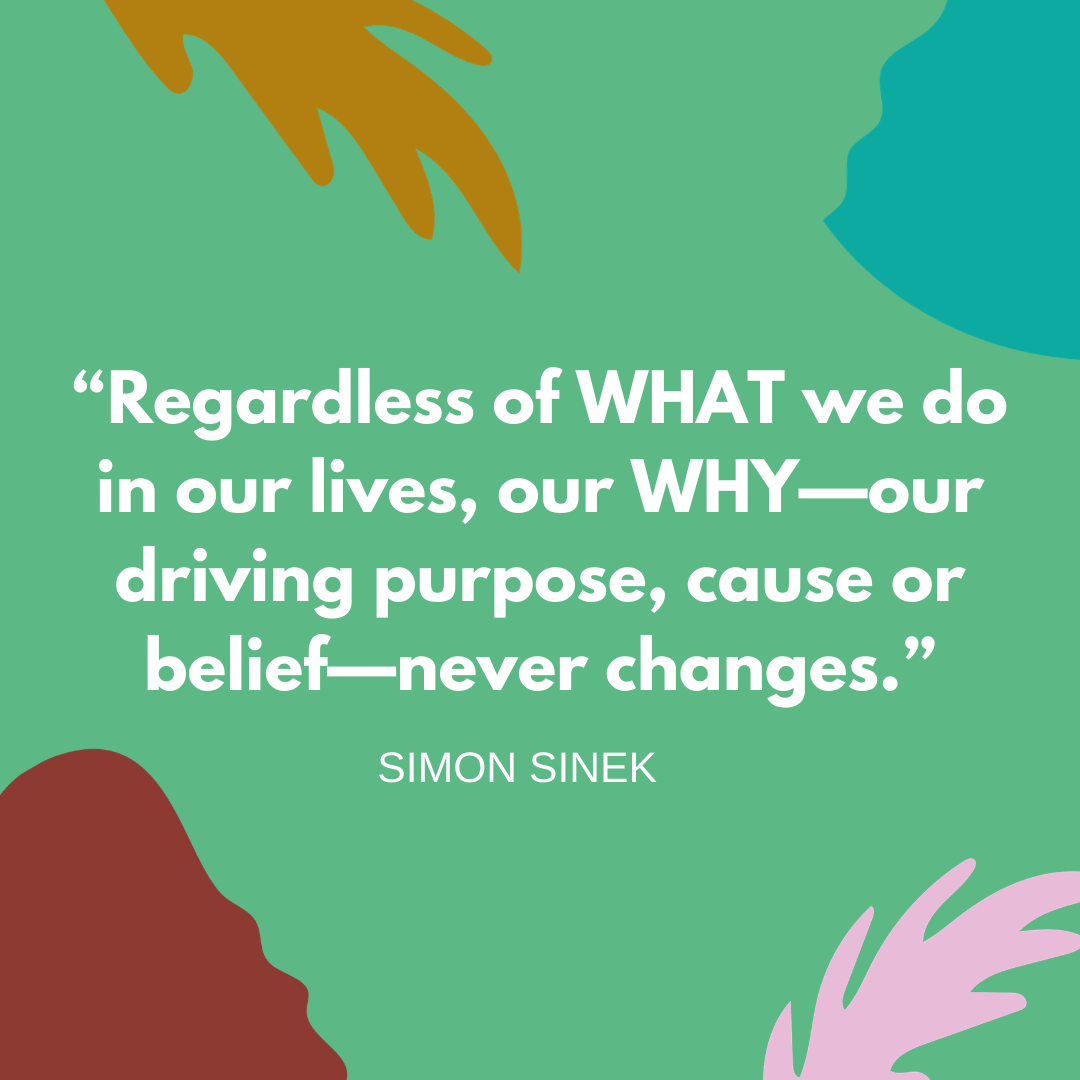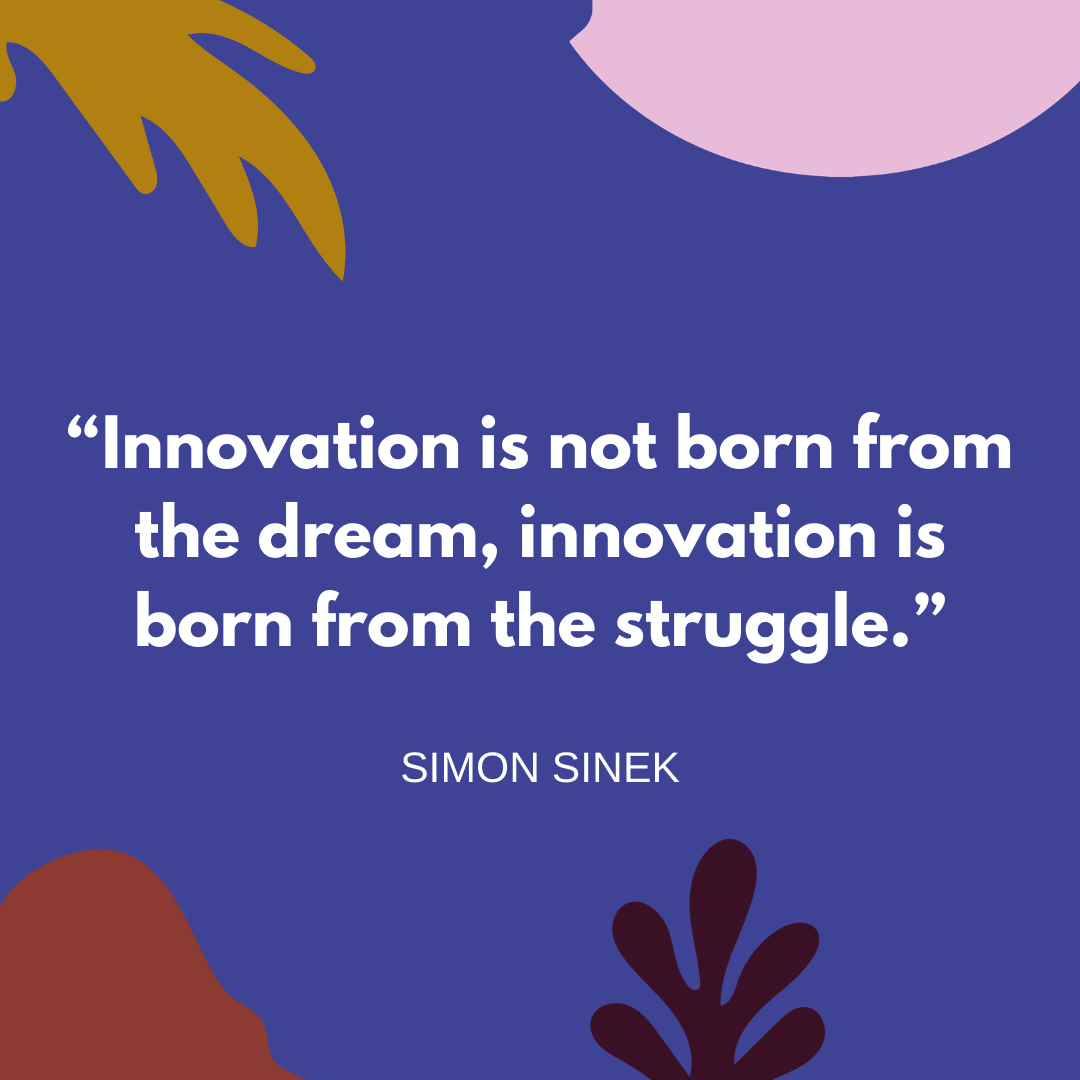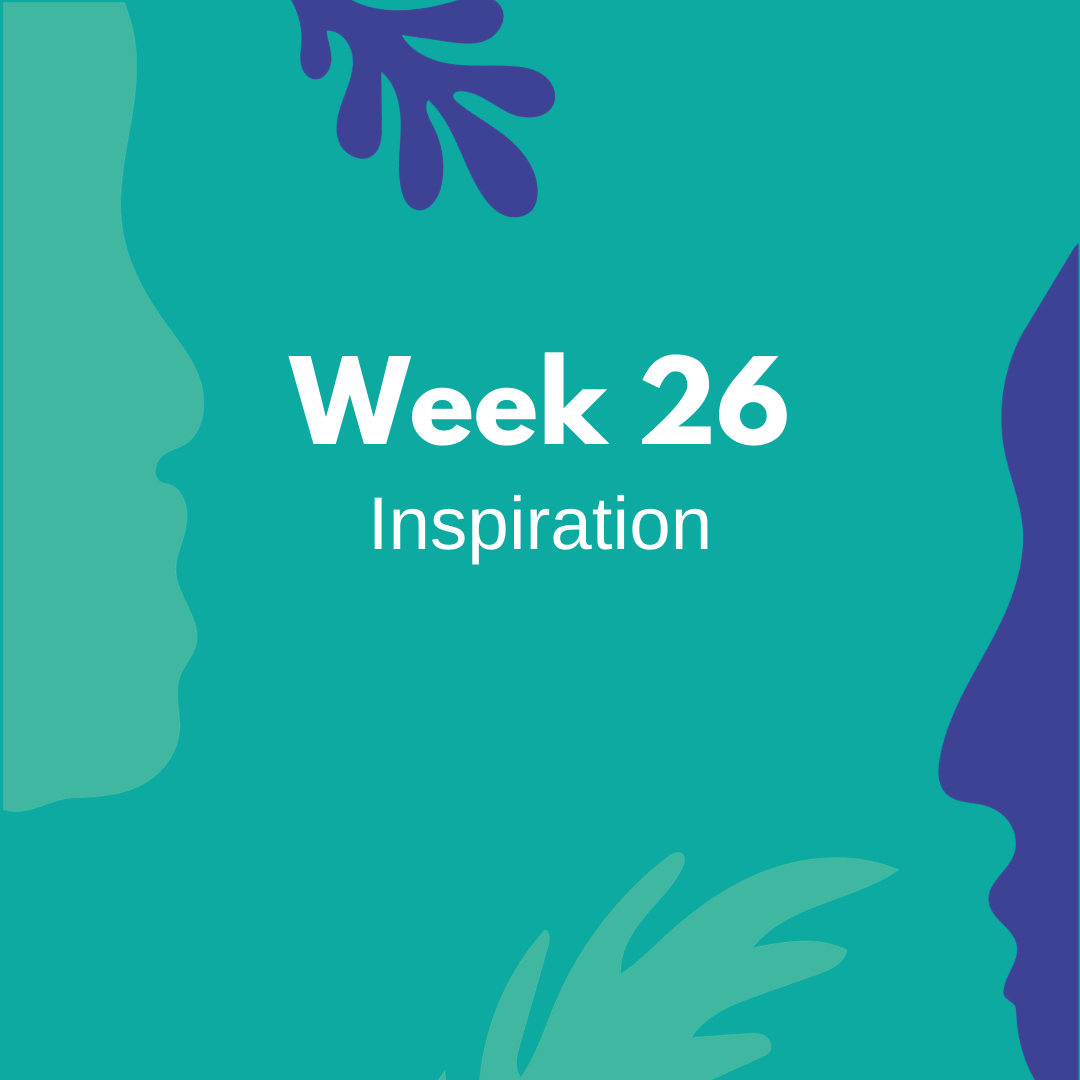this week is all about funding & tenders…
Funding and tenders can both be good mechanisms for growing your creative business depending on what type of creative business you run. This week we have outlined some info on both to help you decide if either would suit your creative business and how to be successful in your applications and proposals for both.
what is Funding
Funding is the act of providing resources to finance a need, program, or project. While this is usually in the form of money, it can also take the form of effort or time from an organization or company.
types of funding
Personal Savings:
This is the most appealing source of financing, because you use your own money to jumpstart your business and don’t owe anyone else in the proces
Family and Friends:
You can request your friends, family or close associates to help fund your business. This type of funding has more to do with the relationship itself, rather than the assessment of a feasible business plan. The aim of this type of funding is to help kick off a business to a point where it can seek and get other types of funding.
Bank Loans:
Bank loans are a popular source of funding for many businesses. Before applying for a bank loan, it’s important to ensure that you are well educated about the various options available, and the interest rates that come with each option.
Crowdfunding:
This involves funding a business by taking small amounts of capital from a large number of people, usually via the internet. This type of funding makes use of the vast networks you’ve of your friends, family and colleagues via different social platforms to get the word out about the business, with the goal of attracting new investors.
Venture Capital:
Venture capitalists are investors who put in a considerable amount of money in exchange for equity in the business, and get returns when the business goes public or is acquired by another company. Venture capitalists are all about the money, and only invest in businesses that have the potential of providing good returns on their investment
Angel Investors:
Angel investors are wealthy individuals who will provide funding in exchange for a share of equity in the business. Some investors work in groups and screen deals together before providing funds, while most work on their own.
Government Funding:
Government funding or a government grant is a sum of money awarded to your business from the government that you don't have to pay back. It's awarded to your business to assist in its development, often for a specific purpose.
Tips for Writing Funding Applications
Begin with research - Begin by doing your research you will be much more likely to be successful in writing funding applications if you get organised and plan your activities in advance and by choosing the right funder to apply for.
Put together a project plan - have a clear project plan prepared in advance of beginning the funding application.
Make sure your project plan aligns with the funders priorities and fits funding guidelines - make sure you read the FAQs and guidelines to ensure your project fits.
Read each question - take care to read each question carefully and make sure your answers include specific information that is relevant to the question
Write in plain English - avoid jargon and use short sentences. There is no need for formal or flowery language.
Write clearly, positively and concisely - remember that you are writing about your ideas and work to someone who has never met you or seen what you do.
Always keep your project plan in mind - don’t get carried away and commit yourself to a project you won’t be able to run even if it sounds better in the application.
Be specific about what you plan to do - for example, rather than saying “we will run arts activities for children”, say “we will run weekly painting sessions and weekly craft sessions for 8-11 year olds over a six month period. Each session will be 2 hours long and will be attended by 15 children.”
Provide evidence that your work is needed - include research and sources that show your work is needed.
Include all the information the funder has asked for and any additional information or documents they require - read and reread funding guidelines to ensure you have everything included. Missing things out might mean your application gets rejected automatically.
Take extra care to meet the deadline - late applications will not be considered, even if they are fantastic!
Make your budget as specific as possible.Get quotes for everything you will need to pay for, so that it is accurate.
Do not include any non-specific items in your budget, such as “contingency costs” or “miscellaneous”.
Monitoring and evaluation - make sure you have a system in place for monitoring and evaluating your project.
Do not apply to more than one funder for the same costs at the same time.If you are successful in both applications you will end up having to turn down one of the funders. This could damage your chances of getting funding from them in future.
Check all the attachments you include - do not include any attachments that aren’t specifically requested by the funder.
Check what format to submit the application in - for example word, pdf etc
Get feedback - ask somebody else to check your form thoroughly before you send it off.
Keep a copy of your completed form.
Funding Sources in Northern Ireland
Tendering
Depending on your creative business tendering can be a great opportunity to develop your business, providing services for the public sector.
Some General Tips on Successful Tendering
Before you begin - Before you begin, do some research on tendering and whether it is the right option for your creative business. If you decide yes then have a think about the following: your strategic tendering goals? What would you like to achieve? What sort of contracts and of what value? And who would you be happy to work for? Is there anyone you could partner with to put in joint tenders, someone more experienced or with a different skillset. This will help you to strategically target specific clients and projects that align with your goals. Take some time also to get all your general company information and resources together.
Dedicate regular time to the tendering process - If you have decided tendering is the right option for growing your creative business you need to set aside regular time to dedicate to the tendering process, to seeking and applying for opportunities. This means that you will also find out about opportunities in good time, so avoiding working under pressure
Be realistic when searching for new opportunities - Only apply for opportunities that you realistically think you have the experience and skills and can afford to successfully deliver. You are much better responding to 1 or 2 tenders really well, rather than 10 tenders quickly and rushed, especially if they are tenders you are unlikely to win due to skills/ experience etc.
Express interest in suitable opportunities as soon as possible - as soon as you have identified a suitable opportunity, request the documentation from the client.
Read the guidelines/tender requirements in detail - it really is important that you follow the tender requirements in detail. Important contractual clauses can sometimes be hidden away within the tender documents and guidelines. Make sure you know what you’re writing about, that you understand the question and how to answer it. Check that you can actually fulfil the criteria set out in the specification including minimum financial criteria, experience, accreditations etc.
Plan your submission in detail - your tender submission should include a beginning, a middle and an end, with each section planned out in detail before you begin writing it. Ensure you understand the point scoring mechanisms to ensure you are maximising your answers to the questions asked.
Make sure you leave enough time - to thoroughly complete all elements of your tender submission.
Make sure you answer the question asked - not what you think the buyer will want to know. Break down and answer all elements of the question.
Completing PQQs - Pre-qualification questionnaires usually ask about past experience and are used as the first stage of the selection process, usually just in restricted tenders, they are seldom used in open procedure tenders. Usually PQQS ask for basic company information such as registration numbers, declaration, contact details and proof of technical and professional ability or case studies.
What to do in case studies - usually in the PQQ section under technical and professional ability, case studies ask you to describe 2-3 contracts of a similar nature you have completed or are currently undertaking. Case studies are an opportunity to sell yourself and showcase your previous successes.
Completing the ITT section - this is the proposal section to complete this successfully make sure you fully understand and answer the question. Tender questions are often made up of several points that you are expected to address. To maximise your marks you should always deconstruct the question and answer each element of the question. Many tender documents will ask you to complete the tender documents in a specific way. Don’t ignore these requests. If the ITT asks for you to submit your response using their pre-defined questionnaire, don’t ignore this, use it.
Be concise - use plain English and be clear and concise in your answers, use bullet points, headers and charts and diagrams where suitable to make it easier for the buyers who may have hundreds of submissions to evaluate. Check your spelling and grammar and avoid filler content.
Review - once you have written your tender, use spell check and make sure it has been proofread preferably by someone else to ensure it is clear and easy to read and understand as well as free from spelling and grammatical errors.
Present your tender submission professionally - ensure your tender submission stands out from your competitors. Make sure it looks and feels professional and is visually appealing and clear and easy to read.
Check how your tender is to be submitted - by email, post or uploading to a procurement portal. Uploading is most common, make sure if using this method you leave enough time to allow for IT issues as late submissions even by one second are usually disregarded and won’t be evaluated. If your tender response is to be posted, make sure you allow for delays, consider using same day or courier services or hand delivering if allowed.
Get feedback - whether you are successful or not with your tender submission, seeking feedback is hugely important. Knowing which areas you performed well in and which areas you were weaker will help you to be successful in future tender submissions.
Where to find tendering opportunities in Northern Ireland
Invest Northern Ireland also provide a tender alert service, which covers public sector tenders across all EU member states. For further information on this service call Tel 028 9069 8134 or email tenders@investni.com.
week 26 book
Our book inspiration this week is Start With Why by Simon Sinek. Why are some people and organizations more innovative, more influential, and more profitable than others? Why do some command greater loyalty from customers and employees alike? Even among the successful, why are so few able to repeat their success over and over?
People like Martin Luther King Jr., Steve Jobs, and the Wright Brothers might have little in common, but they all started with why. It was their natural ability to start with why that enabled them to inspire those around them and to achieve remarkable things.
In studying the leaders who've had the greatest influence in the world, Simon Sinek discovered that they all think, act, and communicate in the exact same way—and it's the complete opposite of what everyone else does. Sinek calls this powerful idea The Golden Circle, and it provides a framework upon which organizations can be built, movements can be lead, and people can be inspired. And it all starts with WHY.
Any organization can explain what it does; some can explain how they do it; but very few can clearly articulate why. WHY is not money or profit—those are always results. WHY does your organization exist? WHY does it do the things it does? WHY do customers really buy from one company or another? WHY are people loyal to some leaders, but not others?
Starting with WHY works in big business and small business, in the nonprofit world and in politics. Those who start with WHY never manipulate, they inspire. And the people who follow them don't do so because they have to; they follow because they want to.
Drawing on a wide range of real-life stories, Sinek weaves together a clear vision of what it truly takes to lead and inspire. This book is for anyone who wants to inspire others or who wants to find someone to inspire them.






